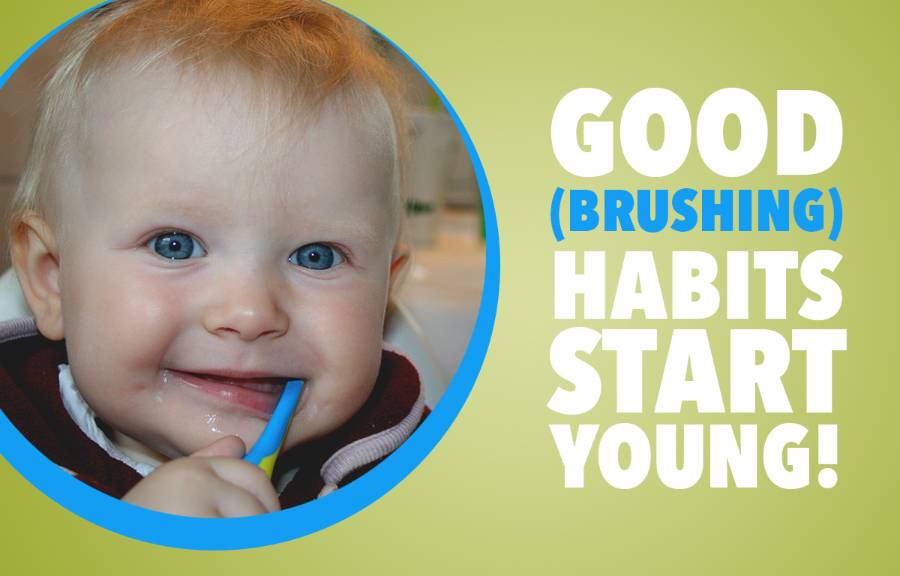According to the Centers for Disease Control and Prevention (CDC), about 20% of children between the ages of 5 and 11 are affected by tooth decay, and improper or infrequent brushing is often the culprit.
If you’re finding yourself wondering what the big deal is about imperfect baby teeth if they’ll just fall out anyway, you’re missing the bigger picture. Not only can decayed baby teeth lead to discomfort for your child, but poor brushing habits during childhood can set a bad precedent for dental health routines later, when teeth are permanent and the stakes are higher. So, what do you do if your child refuses to brush? We have a few suggestions to make 2 minutes twice a day a little more enticing for your little one.
Give Incentives
You know better than anyone else what tends to motivate your child. If your family has a chore chart with stickers, add a section where your child can earn rewards for brushing without being asked. If they’re interested in special privileges like playing their favorite game or an extra hour of TV time, allow them to earn it by showing you their clean teeth. When they know that brushing consistently will give them rewards, the more likely they are to do it.
Get Them Involved
Children love to feel like they are part of “grown-up” activities. When they’re at an appropriate age to begin brushing on their own (around 2 years old) take them on a special “Big boy/girl” trip to the store to pick out their own toothbrush and toothpaste. Let them pick out the ones they want, and emphasize what a special grown-up treat this is. Not only will they have picked out the toothbrush and toothpaste that will make them look forward to brushing, but being able to brush their teeth will feel more like a privilege than a responsibility.
A Family Affair
At the end of the day, your children want to be just like you. If you brush your teeth with them and model how much you enjoy it, chances are your children will too. Additionally, brushing your teeth together right before another family activity like breakfast or bedtime will make oral hygiene a part of the daily routine.
In addition to good habits at home, regular dental checkups should also be part of your child’s oral health routine. Contact us today to set up an appointment, or ask your dentist for more helpful tips to empower children to take responsibility for their own health.
